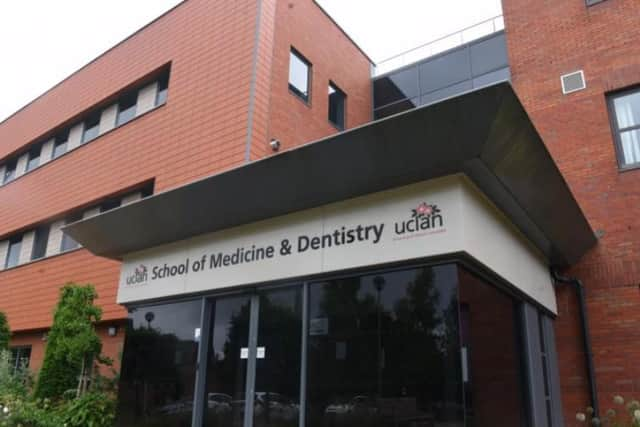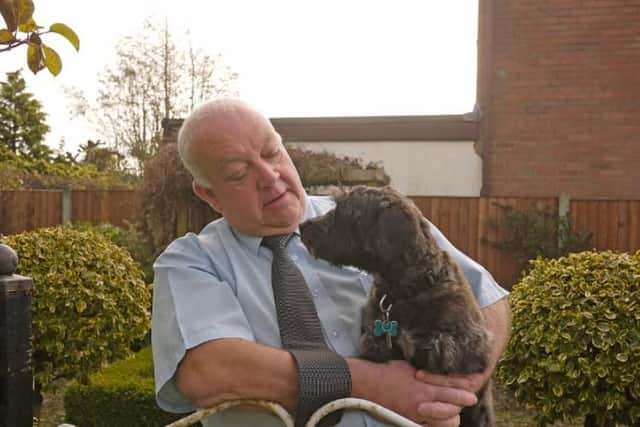UCLan to launch first Lancashire vet school to tackle shortage of animal doctors
and live on Freeview channel 276
The University of Central Lancashire will start admitting veterinary degree students in 2023 in the hope it can bolster numbers which have fallen, in part, due to Britain’s exit from the EU.
“There is a definite shortage of vets across the UK,” said Dr Heather Bacon, who is leading the development of the Vet School in UCLan’s city centre campus.
Advertisement
Hide AdAdvertisement
Hide Ad“That shortage is causing problems for the profession, for the general public and for food safety and security because vets have an important role in safeguarding the food chain.”


Dr Bacon hailed the announcement by the university as “very exciting” and an opportunity for UCLan to expand its portfolio across the health sciences field.
But it will be 2028 before the first cohort of between 40 and 50 budding James Herriots or Noel Fitzpatricks graduate to work as vets - like medicine the course takes five years - so the benefits to the profession are long term.
Britain has suffered a significant fall in the number of vets in recent years, particularly since it left the EU, and UCLan is not the only university working to plug the gap.
Advertisement
Hide AdAdvertisement
Hide Ad“Brexit has definitely impacted on the profession,” said Dr Bacon. “We have had a shortage of homegrown vets for quite along time now and that has been supplemented by vets from abroad, primarily from Europe.


“Since Brexit there have been European-trained vets who are no longer practising here and that has made a difference.”
UCLan’s new Vet School will work in partnership with Myerscough College and also local veterinary practices to train its students.
It is only the second such school in the North West - Liverpool is the other - and Preston will become only the 11th in the whole of the UK, joining an elite list of universities including Cambridge and Edinburgh.
Advertisement
Hide AdAdvertisement
Hide AdSome courses associated with veterinary medicine will begin at UCLan next year, but it will be a further 12 months before the university starts accepting students to train as fully-fledged vets.


“We are planning to start off the veterinary programme fairly small - about 40 to 50 initially - because we want to get it right,” explained Dr Bacon. “Then we will be growing the student numbers. But it isn’t a quick process and it will be 2028 before our first students graduate.”
Garstang vet Alan Pearson welcomed the announcement as “a feather in the cap for UCLan”.
He said: “We have struggled for some time to recruit vets generally and there is certainly a shortage. Brexit is an element of that and we have seen a lot of EU nationals returning to their own countries to work - and that’s not only in the vet industry.
Advertisement
Hide AdAdvertisement
Hide Ad“But that’s not the only reason. You have to be a special sort of person to be lying behind a cow in the middle of a field in the middle of winter. Maybe we don’t have enough of those people now.
“What we maybe need to look at is the lifestyle of the 25 to 40-year-olds generally and, quite rightly, that generation doesn’t have the ‘work from dawn until dusk and no play’ attitude which some of the older vets might have had.
“I used to spend two or three nights a week on duty. You might be up half the night, but you were still expected back in the office at 8.30am the following morning to do a full day’s work.
“That doesn’t happen today and that is one of the reasons why we need more vets and hence the shortage.
“I think it’s great news for Lancashire and for UCLan, if they can make it work.”
Comment Guidelines
National World encourages reader discussion on our stories. User feedback, insights and back-and-forth exchanges add a rich layer of context to reporting. Please review our Community Guidelines before commenting.